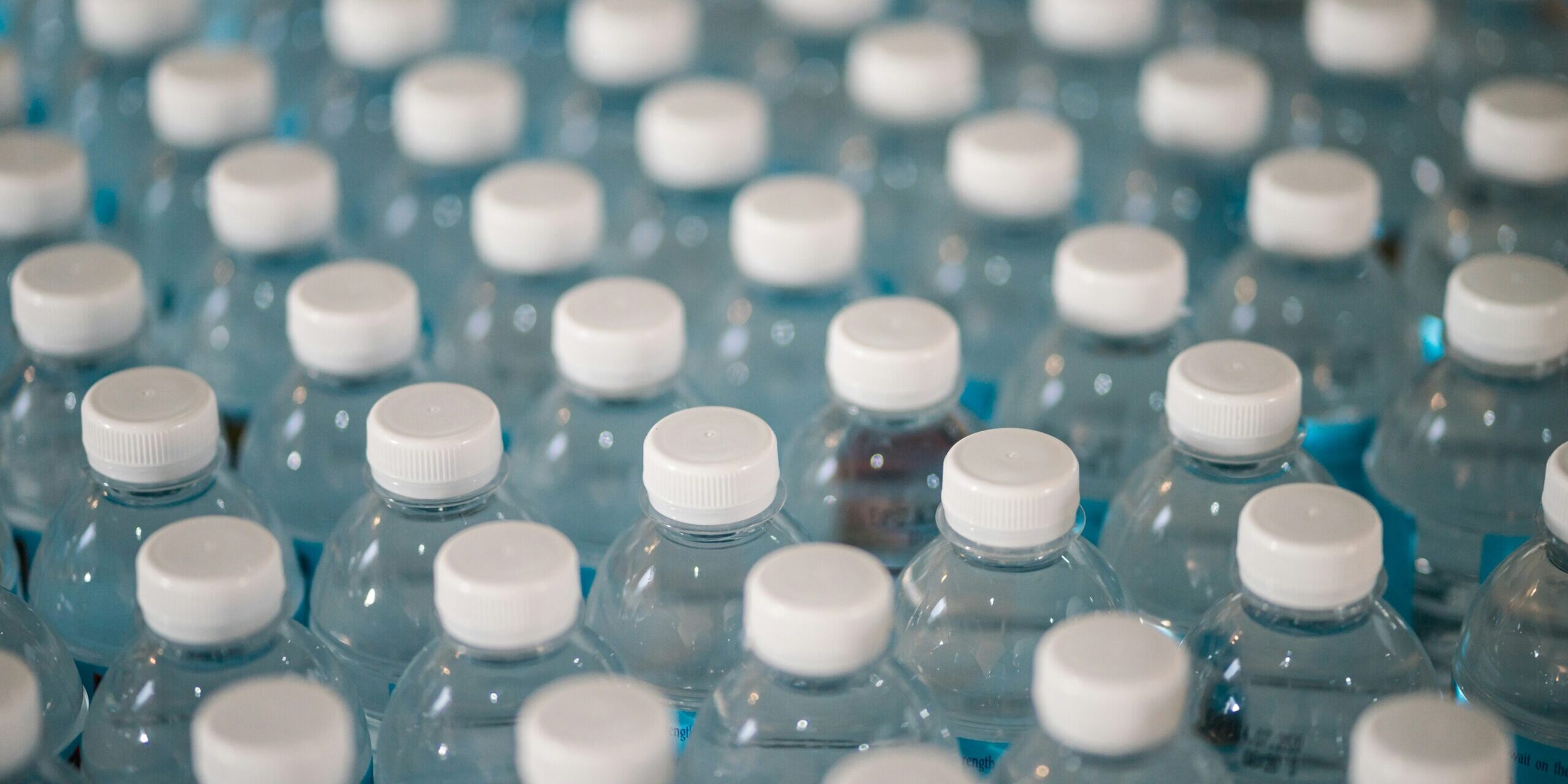Efforts to Reduce Plastic Usage and Promote Sustainable Supply Chains: The consumer goods industry is grappling with the issue of plastic waste and its environmental impact. This sector’s global footprint has been marred by the proliferation of plastic waste. While not all businesses can implement closed-loop supply chains, many are exploring ways to make their products more eco-friendly, either by using biodegradable materials or designing products with recyclability in mind.
One major player in this industry has invested significantly in developing alternatives to traditional plastic packaging. They have been working on adopting biodegradable materials and reusable options throughout their extensive global supply chain. The focus has been on sustainability and reducing their environmental footprint.
As part of their commitment to sustainability, this company joined a global initiative led by The Ellen McArthur Foundation. This initiative’s primary goal is to address the issues related to plastic usage and management in the industry.
A recent report, The Global Commitment 2023 Progress Report, offers a comprehensive overview of the industry’s current state concerning plastic usage and the actions taken to mitigate its impact. The report is a collaboration between The Foundation and the United Nations (UN) Environment Programme, providing insights into the progress made in various areas. These areas include minimizing unnecessary plastic packaging, improving post-consumer recycling, and strategizing for a future where all materials used are either reusable, recyclable, or compostable.
Efforts have been intensified to reduce plastic packaging, with some success in surpassing previous years. However, many businesses still rely on problematic packaging types. Reductions have been achieved through material changes such as substitutions and light weighting. Yet, there’s still work to be done to eliminate certain packaging types. While progress has been made, challenges remain in developing sustainable packaging solutions for products like meat and other food items.
In the pursuit of sustainability, some businesses have increased their use of reusable plastic packaging. However, scalability remains a challenge. Despite increased efforts and attention, substantial progress in reusable packaging is yet to be realized. Pilot programs and studies have identified barriers and opportunities for solutions.
The adoption of recycled materials in packaging not only helps reduce plastic waste but also lowers the overall greenhouse gas footprint compared to virgin plastic. The industry’s commitment to using recycled materials contributes to environmental preservation and sustainability. The goal is to eventually phase out the use of virgin plastic from the supply chain, promoting a circular economy and exploring alternative materials.
Efforts to reduce virgin plastic usage have shown mixed results. While some brands and retailers have made progress, there’s room for improvement, especially among larger organizations. The industry faces challenges in collectively meeting reduction targets, emphasizing the need for continued investments and sustainable supply chain practices.







